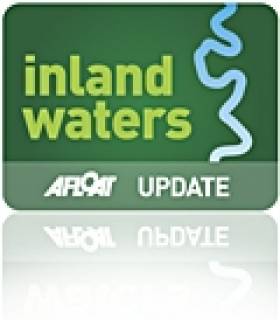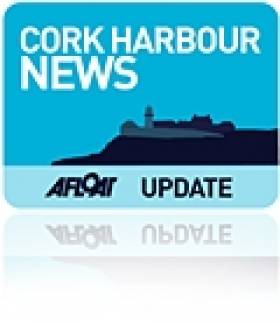Displaying items by tag: settlement
Minister Reaches Settlement Over Clondulane Weir
#INLAND WATERWAYS - Minister for Natural Resources Pat Rabbitte has announced that a settlement has been reached ahead of a court case over the removal of Clondulane Weir on the River Blackwater in Co Cork.
Lismore Realty Ltd and Lismore Trust Ltd has brought judicial review proceedings against the then minister over the department's direction in 2006 requiring the removal of the weird to allow for the free passage of migratory fish in line with national and European legislation.
The removal of the weir will now proceed folliwng the settlement, which terms that the parties will bear their own costs, and Lismore Realty Ltd and Lismore Trust Ltd will pay all reasonable costs of the removal of the weir, set to take place next summer.
Inland Fisheries Ireland will act as agents of the minister and manage the removal of the structure so as to minimise the impact on flora, fauna and habitat in the river, which is in a designated Special Area of Conservation.
Public Consultation on Cork Harbour's Future
A public consultation on the future of Cork Harbour is open until 15 July.
Copies of the 300-page Cork Harbour Study are currently available at Cork County Council offices and online at www.corkcoco.ie, The Southern Star reports.
The study outlines possibilities for the long-term future of the coastline in and around the harbour, including but not limited to the development of disused or under-used areas, and sustainable patterns of settlement and industry.
Ideas the report puts forward for public debate include a new marina for Cobh, more shoreline pedestrian and cycleways, a new container terminal at Ringaskiddy and initiatives for marine-related employment.
"A balance between the development and amenity roles of Cork Harbour is only likely to be maintained if there is public support for this," said outgoing Cork Mayor Kevin Murphy. "Greater use and better public access to its amenities and recreational facilities will make this more likely."

























































